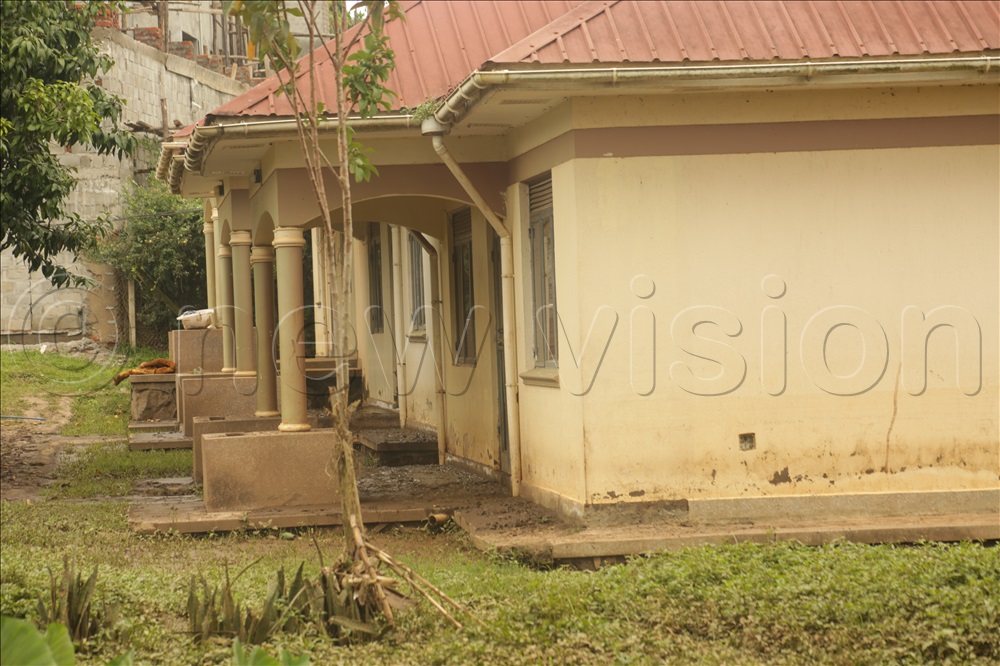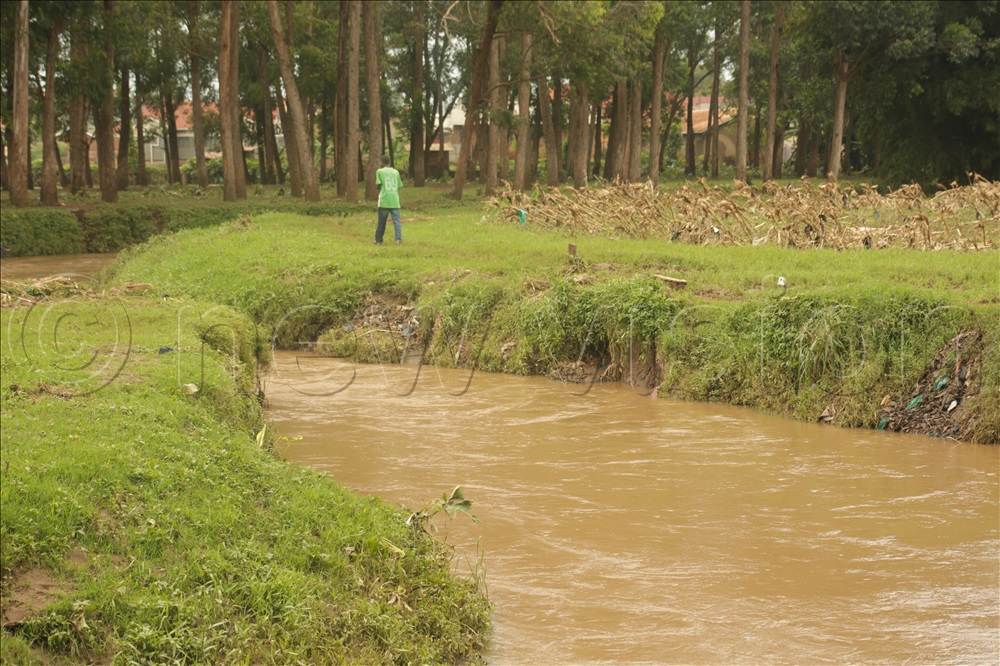Mbale flash floods: Residents struggle to recover amid disease fears
“We have survived worse,” says elder Joseph Wamanga of Busamaga trading centre in Northern Division, while surveying the damage to his compound.
The flash floods destroyed and damaged homesteads in most parts of Namakwekwe. (Photo by Javier Silas Omagor)
________________
Less than a week after devastating flash floods hit Uganda's eastern city of Mbale, survivors are slowly picking up the pieces of their shattered lives. A drive through the city’s hardest-hit areas reveals a picture of rebuilding.
Locals can be seen clearing debris from collapsed homes, churches, and business premises as they stare at their broken livelihoods.
Nestled in the foothills of Mount Elgon, the once-thriving areas of Half London, Namakwekwe, Busamaga, Namatala, Malukhu, and Wanale are now marked by muddy ruins.
The destructive flash floods were triggered by torrential rainfall cascading from the slopes of Mount Elgon, transforming calm streets into deadly torrents.
A home that was abandoned after flash floods submerged by floodwater in Somero cell, Namatala ward, Industrial Division in Mbale City. 
At least two lives had been confirmed dead by daybreak on Monday (August 18). One of them identified as Shadrack Wabule, a well-known school teacher in the area.
The second victim was later identified as Sam Wekesa.
According to Mbale City Mayor, Cassim Namugali, more than 2,000 homes together with public installations were damaged or destroyed. Key infrastructure, including roads, schools, churches, and businesses, was either submerged or swept away.
The main road linking Mbale to Bududa district remains partially impassable, with sections washed out by landslides.
Another linking Half London to Kampala road residence was cut off after water displaced the bridge there too. Several other bridges were washed away in the neighbouring Sironko district.
Other bridges were completely destroyed, cutting off remote communities and making access to aid difficult.
'I am starting from scratch'
Yet amidst the devastation, stories of resilience and community spirit in Mbale city shine through.
“We have survived worse,” says elder Joseph Wamanga of Busamaga trading centre in Northern Division, while surveying the damage to his compound.
“We will rebuild, but we must not be forgotten.”
For some, the destruction means starting all over again.
“I had just stocked my shop with back-to-school supplies,” says Monica Nabushawo, a single mother of four who runs a small retail shop near Nkoma.
“Now everything is gone. I am starting from scratch.”
Humanitarian organizations, including the Red Cross and local NGOs, have been on the ground distributing relief items, mattresses, food rations, and hygiene kits. However, residents say the support is not enough.
“We need more than food. We need building materials and loans to restart our lives,” says James Musoba, whose carpentry workshop situated near River Nabuyonga along Kumi road was destroyed.
Water levels have subsidised at Nabuyonga River in Mbale city. 
“The government should help us access affordable credit.”
Some families have turned to communal rebuilding, with neighbours pooling labour and salvaged materials to erect temporary shelters, including makeshift walkway bridges connecting their communities.
Fear of disease
Besides the trail of destruction in their wake, Mbale residents are now worried that they are at risk of contracting diseases such as cholera.
“Oftentimes, such floods leave us with a disease burden,” says Willy Okiror. “In our area of Namatala, floodwater washed away even latrines and rubbish pits, moving it from one neighbourhood to another.”
Like Okiror, Esther Nekesa tells New Vision that “their road to recovery is slow and uncertain".
Just like residents, the public health officials are raising alarms about a looming secondary disaster: disease outbreaks.
Dr. Mackay Odeke of Mbale Regional Referral Hospital says there is a need for communities affected by the flash floods to maintain hygiene.
Stagnant water and poor sanitation have created ripe conditions for cholera, dysentery, and malaria. Several cases of diarrheal illness have already been reported in makeshift camps hosting displaced families.
“There’s an urgent need for clean water and proper waste management,” warns Dr. Sarah Lutaaya from Mbale Regional Referral Hospital.
“If we don’t act now, we may see a full-blown health crisis.”